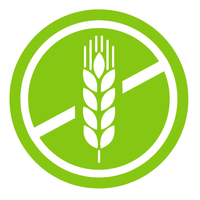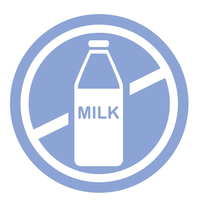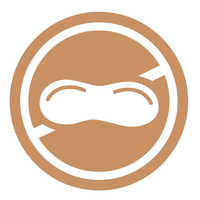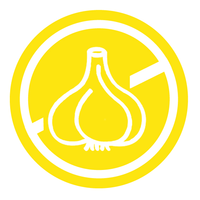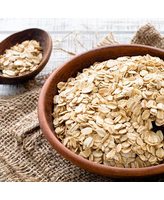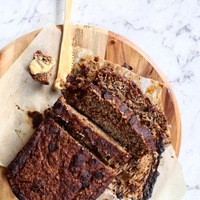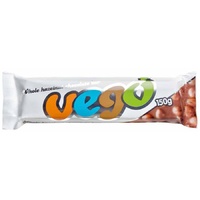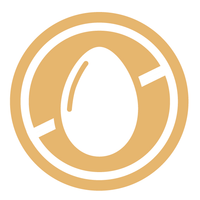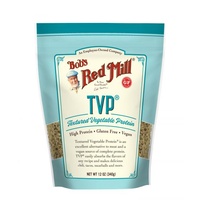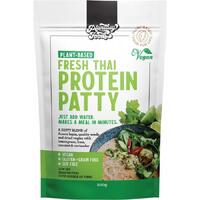Tips For Eating a Healthy Vegan Diet
Author: Laura Date Posted:16 November 2020
A vegan diet is a plant based diet consisting of fruits, wholegrains, vegetables, legumes, nuts and seeds and soy based products like tofu and tempeh. The diet eliminates any foods derived from an animal source such as dairy, eggs, meat, fish and honey. Veganism is a way of living that attempts to avoid all forms of animal exploitation, whether it’s through food or clothing. It can also be beneficial for some people who may be predisposed or suffering from certain health ailments such as cardiovascular disease. It is important to incorporate a wide range of plant based food as well as “food combine” to ensure all vitamins, minerals and amino acids can be supplied to the body. Some vegans may struggle to eat enough of the nutrient-rich or fortified foods above to meet their daily requirements. It is important that if nutrients needs are not met, supplementation should be considered potentially for the following nutrients:
- Omega 3: sourced from Algae oil
- Vitamin D: Vegan sourced supplements usually derived from lichen
- Iron: Heme iron is a type of iron found in meat sources. It can be more readily absorbed than non-heme iron. Non-heme iron is found in plant foods and may be required in a higher level for those susceptible to low iron levels.
- B group Vitamins especially B12: sources include Nutritional Yeast, Spirulina and Chlorella, fortified plant based milks. Vitamin B12 levels in non-animal foods can be low so supplementation may be essential in some cases.
- Amino Acids: Whole soy foods, such as tofu and tempeh, qualify as complete proteins. Certain grains, such as pseudocereals like quinoa, are also complete proteins.
- Calcium: sources include green leafy vegetables, fortified plant based milks and tofu.
- Vitamin A: consume foods high in betacarotene as the body converts betacarotene into Vitamin A. Food sources include green leafy vegetables, carrots, sweet potato and red peppers.
- Zinc: can be found in many beans, legumes and seeds. Phytic acid is a component found in these plant sources that can hinder zinc absorption. By soaking or sprouting grains, seeds and beans before cooking, can reduce the phytate content.
A vegan diet can be easy to follow and may provide various health benefits. When considering any diet, the benefits will only appear with consistency and it is important to build the diet around nutrient-rich plant foods rather than heavily processed ones.


